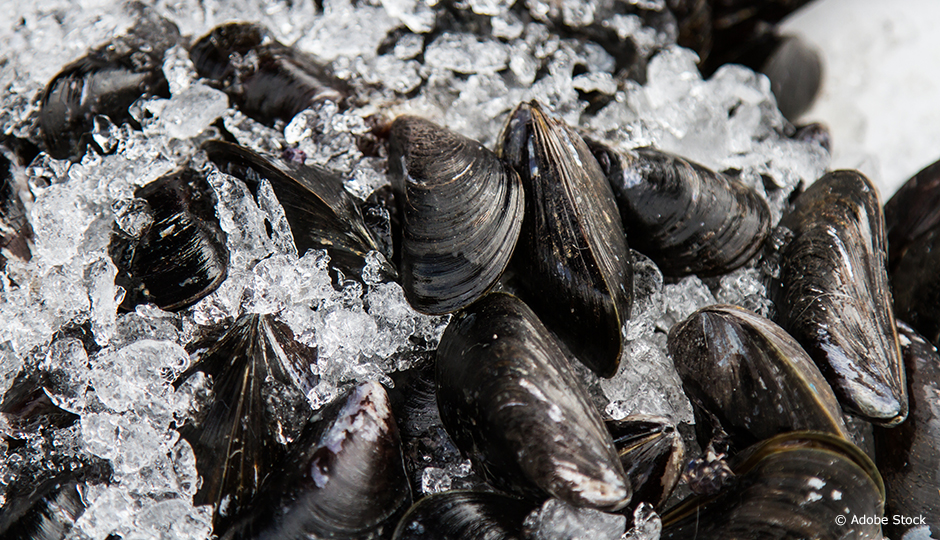What if mussel cells could help better understand certain diseases such as Alzheimer’s or Parkinson’s? That is the hypothesis set out by Sophie Breton, researcher and professor in the Department of Biological Sciences at Université de Montréal. Indeed, her lab is the only facility in Canada to use marine and freshwater mussels as scientific models to study mitochondrial transmission.
In the animal kingdom, mitochondrial DNA is only transmitted by females—except in mussels.
These tiny powerhouses found in almost all animal cells have their own genetic material that differs from the material that makes up the nucleus. Elucidating the particular mitochondrial transmission system found in mussels could help Breton demystify a range of pathologies associated with mitochondrial dysfunction in humans.
In the animal kingdom, mitochondrial DNA is only transmitted by females—except in mussels, which inherit the mitochondrial genome of their two parents. The mussels therefore possess two very different mitochondrial variants that coexist and simultaneously adapt to the nucleus’ genome. Interestingly, the system does not seem to cause any anomalies, while only slight variations in the mitochondrial DNA in humans can lead to different pathologies. But why? What molecular mechanisms are involved? And what is the role of the paternal mitochondria?
By comparing the mitochondrial systems of mussels and animal and human species using molecular biology, microscopy and physiology techniques, Sophie Breton and her team are seeking to better understand the specificities of mussels and ultimately explain the processes that fail in humans who develop a mitochondrial disease. In the meantime, the researchers have identified new mitochondrial genes in the molluscs that play no part in energy production but may impact sex determination: a scientific first. The discovery supports the notion that mitochondria are multipurpose!




